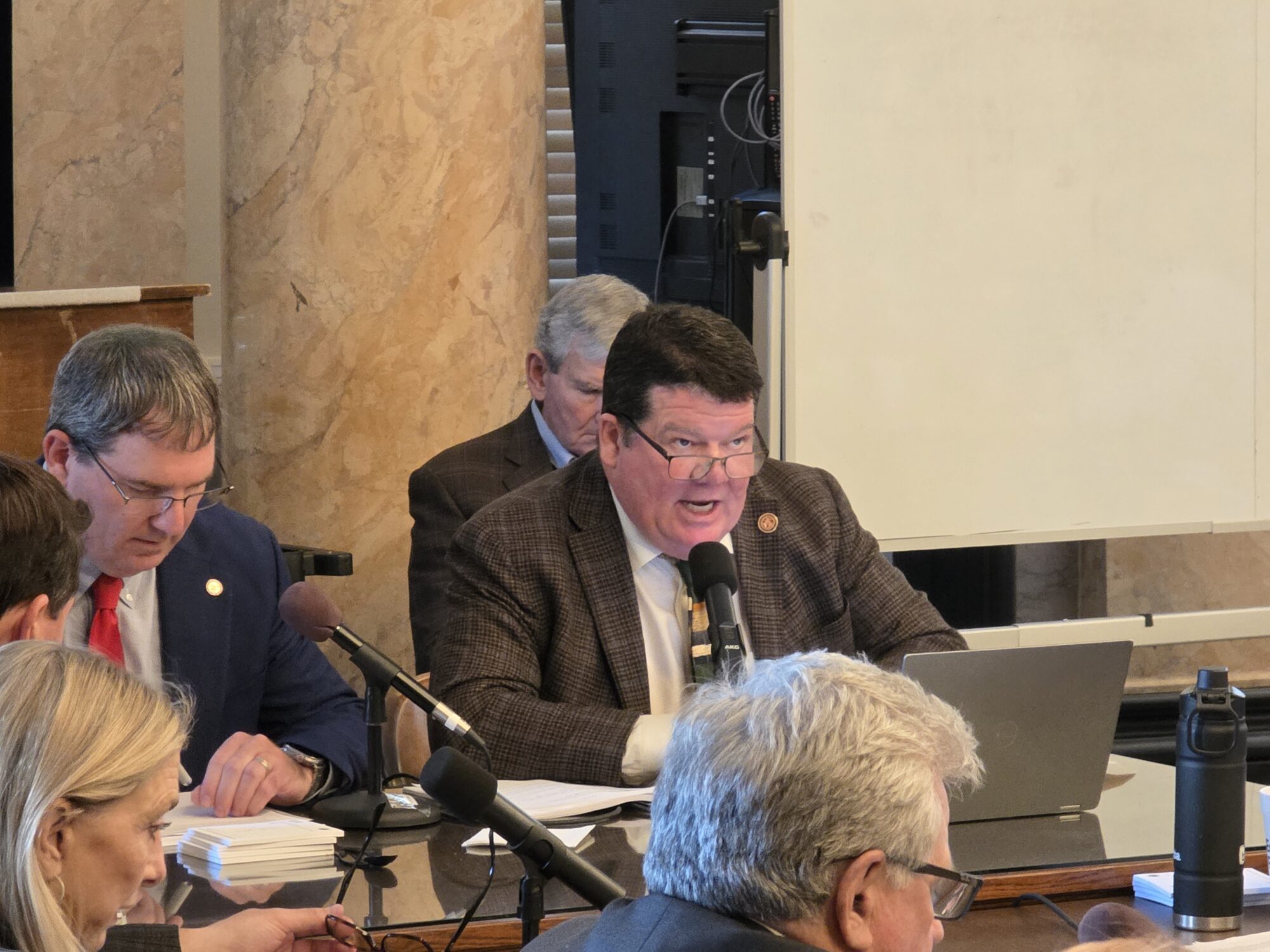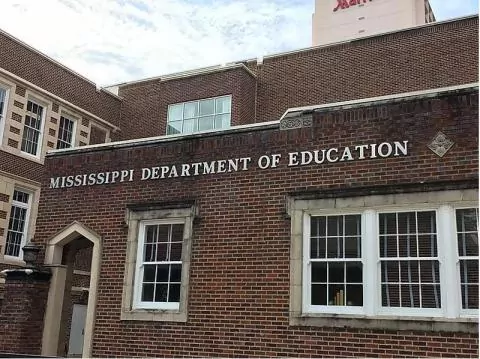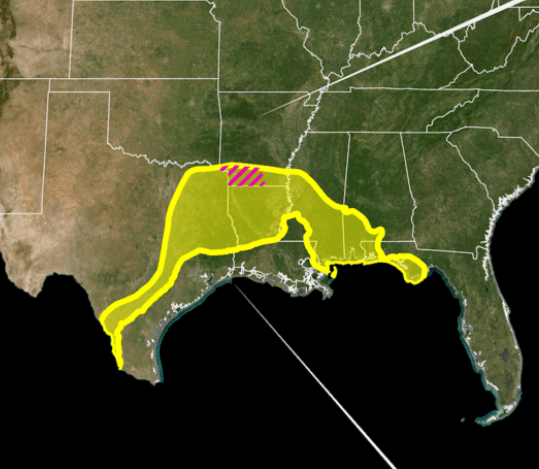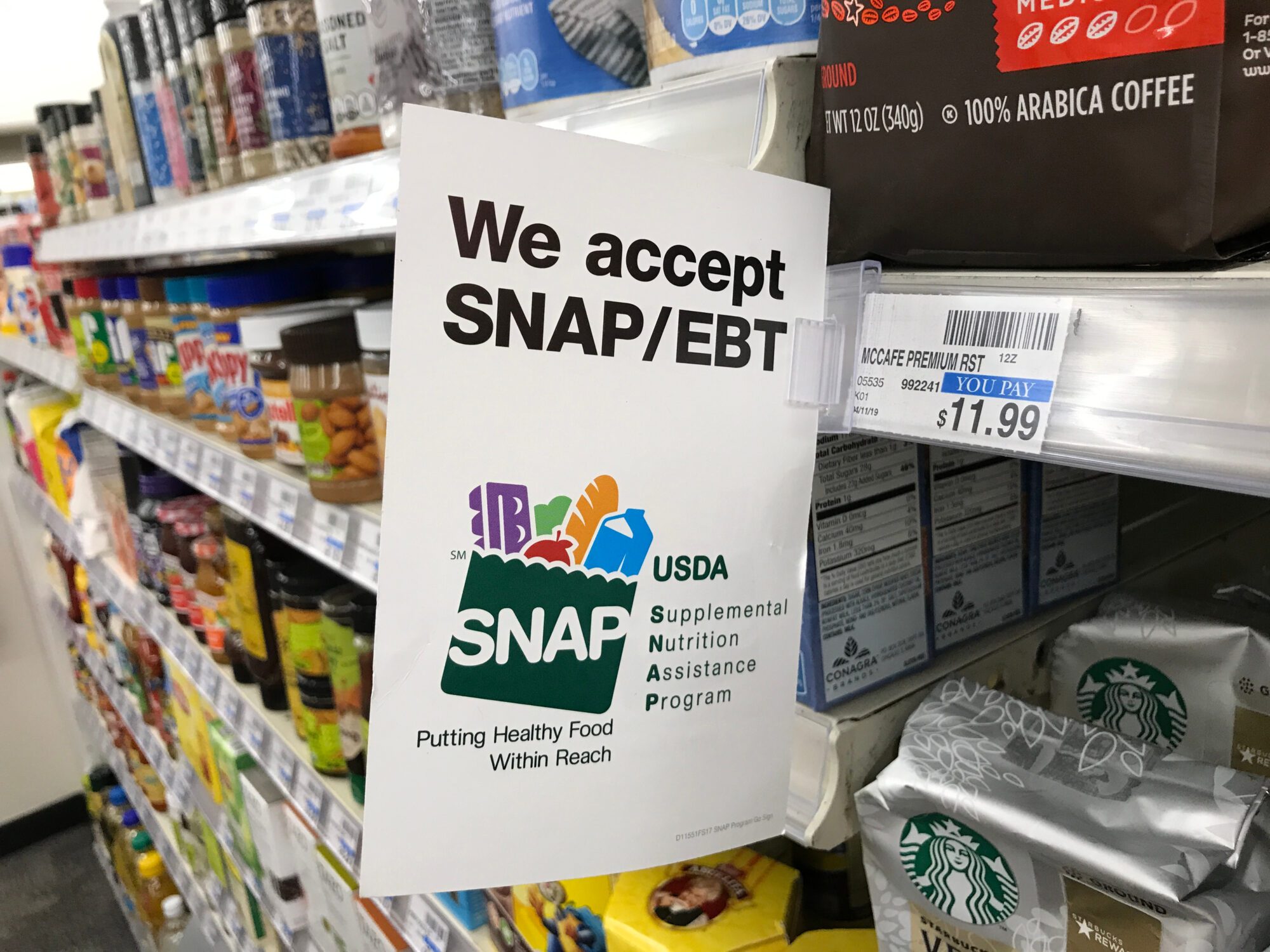
(Photo from Shutterstock)
- The changes, signed into law by President Donald Trump in the One Big Beautiful Bill Act, include adjustments to the work requirements for able-bodied adults.
Congress made changes to the Supplemental Nutrition Assistance Program, or SNAP, earlier this year and lawmakers in Mississippi are expressing varying opinions on the federal welfare program.
The changes, signed into law by President Donald Trump in the One Big Beautiful Bill Act, include adjustments to the work requirements for able-bodied adults between the ages of 18 and 64 who have no dependents and those who have a child 14 and older. The changes also remove exceptions for the homeless, veterans and those 24 or older who have aged out of the foster care program.
There are also new exceptions for Native Americans eligible for the Indian Health Care Improvement Act, a memo from the USDA states.
“These changes were effective upon enactment. State agencies must apply updated exceptions to new and ongoing participants after they are screened,” the USDA memo from September states.
It is currently unclear how these changes to the SNAP program will affect the residents of Mississippi, as the state implemented its own work requirements several years back.
“At this time, we do not know how many it will impact, but the work requirements have been in place for years,” a representative with the Mississippi Department of Human Services said.
State Senator Angela Hill (R) said the work requirements were put in place in Mississippi about eight years ago, and they have shown promise.
“We know work requirements for food stamps can be a powerful incentive to get people into good jobs,” Hill told Magnolia Tribune. “Several years ago, the Legislature pushed to tighten up our food stamp work requirements, and the results were astonishing.”
She said that the change put thousands of people back to work, some even became employed at high-paying jobs in various industries. Hill said that putting people to work saved taxpayers almost $100 million a year.
“These people were wasting their lives on welfare, and all they needed was a boost to get their lives back on track,” Hill added.
However, one change Hill said she would like to see is more stringent efforts to verify income.
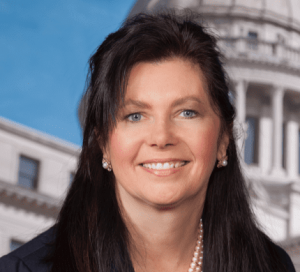
“Welfare to work is very popular with Mississippi voters, but not very popular with the Mississippi Department of Human Services,” Hill said. “The Department is apparently not verifying for SNAP eligibility, contrary to federal and state law. They said as much on video during a recent meeting at the Capitol. Federal law also requires that able-bodied adults work or volunteer in order to receive food stamps. Over time these requirements have been waived and weakened. The Trump administration is committed to stopping all this.”
Not all lawmakers see these changes as a positive, and believe that they will only hurt those in the most need.
State Representative Chris Bell (D) points to areas of the state with few industries and companies offering jobs, making employment harder to obtain and leading to higher unemployment rates.
According to rates reported by the Mississippi Department of Employment Security in August, Claiborne and Jefferson counties reported the highest unemployment rates in the state, at 10.7 and 10.8 percent, respectively.
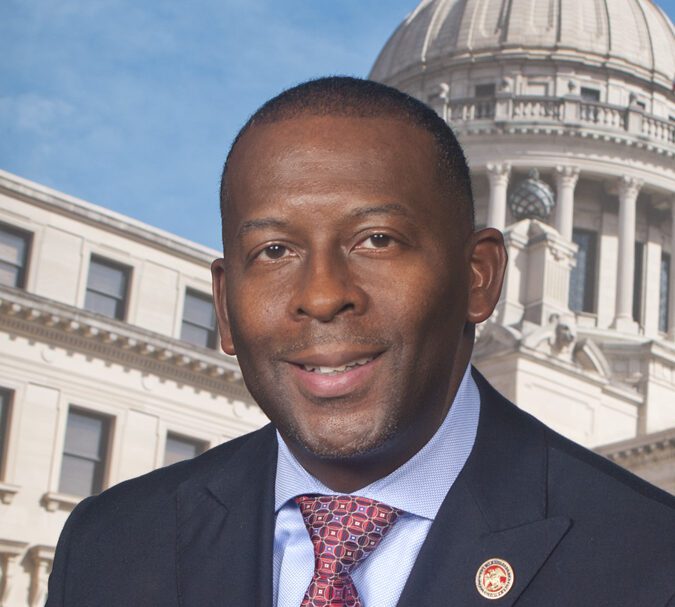
Bell said the federal SNAP changes are being used as political weapons.
“I don’t think that is what we as Americans signed up for,” Bell said. “Doing dumb stuff like this only hurts us as a country and a community.”
Proponents of the changes have said that changes in SNAP will help to combat fraud. Yet, Bell contends the current rate of fraud is very low.
According to information from the USDA, the agency that oversees SNAP, “Over 98% of those receiving SNAP benefits are eligible and payment accuracy was 95.64% – a historic high.”
“This is an extra layer of bureaucracy that we shouldn’t even be dealing with,” Bell added.
He said that most people receiving SNAP benefits would much rather be self-sufficient.
“If you poll 90 percent of those getting these benefits, they would much rather be in a position where they don’t have to depend on the government and the SNAP program,” Bell described. “This is not a program that is aimed for lazy people, this is a compassionate program.”
The memo below from the USDA outlines the changes and provisions from the One Big Beautiful Bill Act.

